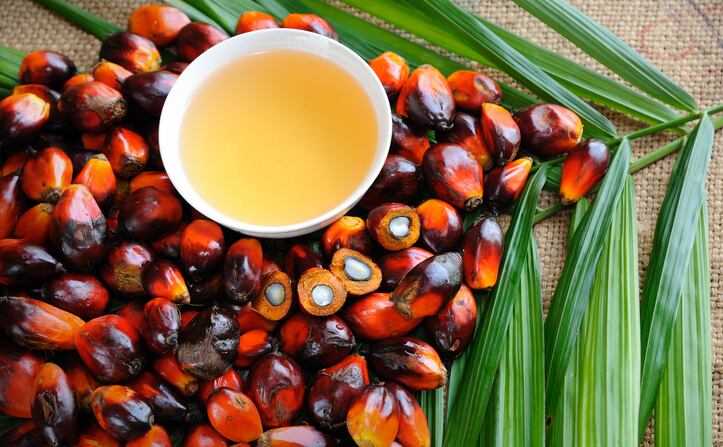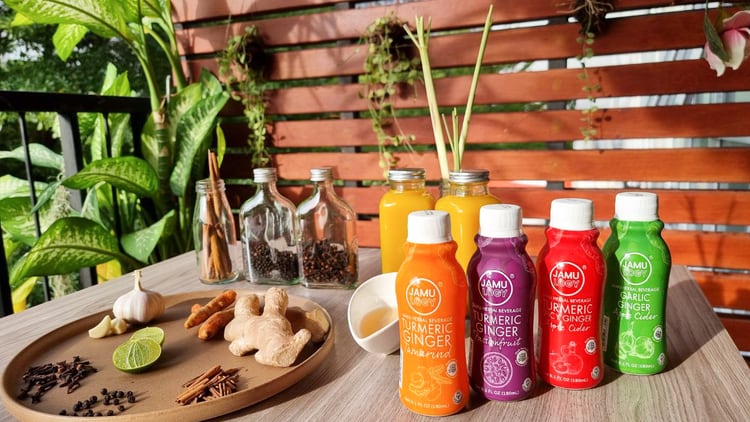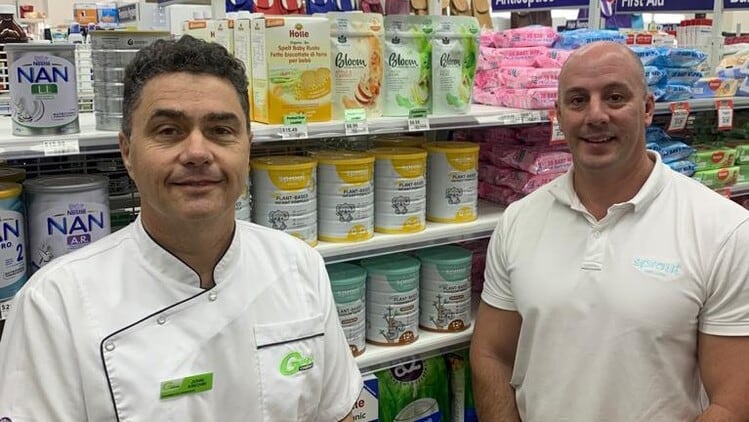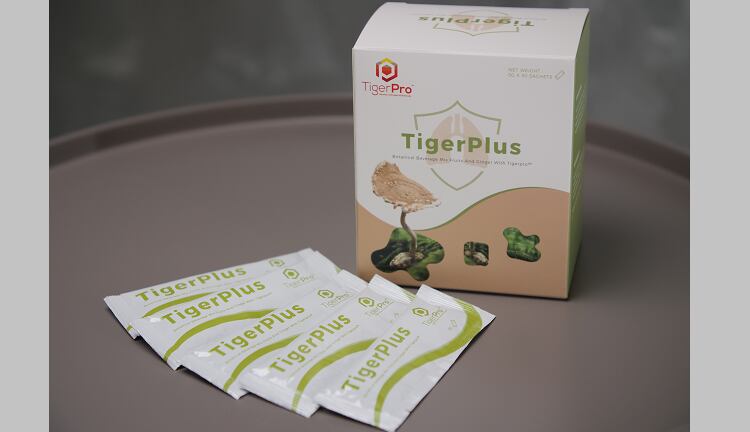Indonesia has been grabbing news headlines for its palm oil export ban introduced to safeguard domestic demand for cooking oil – a knock-on effect of several factors, including soybean, canola oil shortages from South America and France, and more recently, the disrupted supply of sunflower oil due to the Russia-Ukraine war.
To keep prices of cooking oil down, the Indonesian government recently banned the export of more palm oil products. The policy has been extended to include crude palm oil (CPO), refined palm oil (RPO), refined, bleached, and deodorised (RBD) palm olein, palm oil mill effluent (POME), and used cooking oil since April 28.
While the policy has largely impacted the general food and cooking oil industry, the nutraceutical industry is also not spared from the ban, as ingredients such as tocotrienols, carotenes, medium-chain triglycerides (MCT), and glycerine are derived from different parts of the oil palm fruit.
NutraIngredients-Asia spoke to a number of functional ingredient suppliers, namely Singapore-headquartered Musim Mas and Malaysia-based Excelvite and PhytoGaia to find out more.
One point that was brought up was how the ban has increased demand for palm oil from Malaysia, with price hike expected.
“The export ban from Indonesia has added further supply tightness in Malaysia with overseas buyers demand switching buying from Indonesia to Malaysia.
“This has impacted nearby physical materials available for delivery, especially bid scale buyers or users who require to procure oils feed for their manufacturing demand. The price has escalated by more than 10 per cent within one week and nearby physical delivery of oils is difficult to get,” Derek Ng, deputy CEO and chief operating officer at Excelvite said.
According to Malaysian Palm Oil Council (MPOC)’s data, the settlement price of CPO went up from RM$6,400 (US$1,470) to RM$6,987 (US$1,604) on April 27 – the day Indonesia announced its export ban expansion. It further went up to RM$7,104 (US$1,621) on April 29.
Prior to the announcement, the CPO settlement price hovered at RM$6,229 (US$1,430) to RM$6,468 (US$1,485) between April 14 and April 25. It has gone down to RM$6,400 (US$1,460) on May 6.
Excelvite uses palm oil to produce branded ingredients such as EVNOL palm tocotrienol complex, EVTene palm carotene complex, as well as EVOlein – a specialty red palm olein enriched with mixed carotene complex and is sold as a functional ingredient.
As compared to the edible oil industry, Ng said that it was not difficult for the company to obtain supply despite market shortage, since the volume that the company required was relatively lesser.
“As our volume is not huge as compared to the typical edible oils refinery, as such, it is not difficult for ExcelVite to obtain supply despite market shortage of material.
"However, the high prices added tremendous pressure on increased working capital,” Ng said.
The company said it would be monitoring the market closely and keep customers up to date on the options available.
Change of payment terms
PhytoGaia, on the other hand, pointed out that there could be change of payment terms and longer lead time due to the ban.
“If the price of CPO is high, the palm oil suppliers will ask for prepayment to make sure that there is no default. It is also expected that the lead time will be longer due to supply shortage.
“You will see price increase on the ingredients, such as the palm phytonutrients, MCT, glycerine, because the price of the starting material has increased, and it will stay bullish until and unless Indonesia removes the ban," said Bryan See, vice present, Business Development and Technical Support at PhytoGaia, who added that the company has been receiving enquiries from clients on how the ban would affect supply.
The company sells functional ingredients extracted from CPO, including full spectrum palm tocotrienols/tocopherol complex TocoGaia, mixed-carotene CaroGaia, and natural plant squalene with tocotrienols/tocopherol complex ST Gaia.
Further down the supply chain, See explained that there was a possibility that manufacturers would be hesitant about running their production at the existing rate.
"When you produce the products at a higher cost, you need to make sure that the numbers are right to sell the products at a higher price so that you wouldn’t make a loss.”
He added that the company was expecting a price increase in the sale of its functional ingredients – not only due to the export ban.
“We are at the final stage of reviewing the production cost. The review is not just due to the increase in CPO prices alone, but also the minimum wage policy that Malaysia is implementing [on May 1], as well as the energy, packaging and logistics costs which have increased for the past few months."
Not affected
At the same time, there are companies who said the export ban has not yet affected their health supplement business, though their palm oil was sourced from Indonesia.
Musim Mas is one such example, as it said that its tocotrienols and carotenes were sourced from Palm Fatty Acid Distillate (PFAD) and MCT oil from palm kernel oil, and these were not covered under the ban, according to Carolyn Lim, senior manager, corporate communications at the firm.
Watch the video to find out more.





